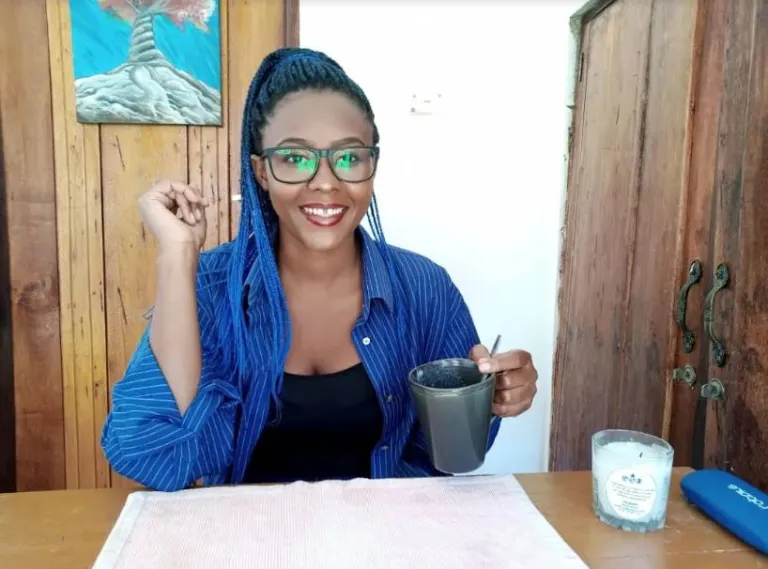By Nicole Nankya
Chat Leah Abasiya is not a full-time hair stylist. In fact, she has not even attended formal training in hairstyling. But her skills would make anyone doubt these facts.
For people who know Abasiya’s history, the exceptional crocheting and hair styling skills are not by accident. They are skills she has mastered after more than 10 years of experience. Abasiya, a Uganda Christian University (UCU) student from Nigeria, took advantage of the fact that her country allows girls to keep long hair throughout primary and secondary school to start learning hair styling skills since she was sure she had the market.
The UCU student of Bachelor of Nursing says her mother encouraged her and her three female siblings learned hair styling so that they would practice on each other’s hair.
She further mastered the skill and earned money from it since she came to Uganda in 2017. When she arrived at UCU, she started by styling hair of only Nigerian students, many of whom were not comfortable with the way Ugandans braided their hair.
Then, one Ugandan came, followed by six. And that opened Abasiya’s door to braiding hair for Ugandan students.
“I believe that students don’t have much money to spend on their hair,” she said. “So, I charge a modest fee of sh15,000 to sh30,000 (about $4.10 to $8.20) per head.”
Gloria Okeke, a year-four UCU student pursuing a Bachelor of Medicine and Bachelor of Surgery, says Abasiya has been her hairstylist for the time they have known each other at the university.
“She is a good listener who puts in her best to ensure customer satisfaction,” Okeke says. Abasiya usually plaits students’ hair from her hostel room or, where need be, she travels to where the client is. For the latter option, she charges slightly higher, to cater for the costs of the travel.
Abasiya ended up pursuing university education in Uganda miraculously. First, she says she did not know any university in Uganda. Kenya was originally her first choice for a country in East Africa, but she later settled for Uganda because of relative peace in the country. The 2015 attack by Al Shabaab on Kenya’s Garissa University made Abasiya and her family change their mind to studying in Uganda, after she did not get admission into universities in Nigeria for her preferred course of nursing.
She also runs a YouTube channel, where she often posts information about what she does and her life in a Ugandan university. With all the demands of the nursing course, one wonders how Abasiya is able juggle the course and update her YouTube channel. Planning is the answer, she says. On days when she is free without lectures, she uses them for recording, editing and posting videos. Being on the media team in her church back in Nigeria gave her opportunity to learn how to edit videos.
“This semester, I am free on Tuesdays, so I record from 5 to 6 p.m., edit the videos at night and then upload them on Thursday mornings,” she said. Sundays are usually reserved for crocheting.
For students who wish to do business while still at school, Abasiya has this counsel: “Have a passion in something and take action. Whatever you are passionate about, just go ahead and do it.”


